The Death of Pope Francis
The loss of a pope is always a moment of enormous significance for Catholics. In the brief period in between the death of one pope, and the election of his successor, there is a sense of an absence. We have lost our spiritual father.
It is in these moments of mourning that we recall the words of Christ in the Gospel of Matthew: “You are Peter, and upon this rock I will build my Church” (Mt 16:18). The Church without a Vicar of Christ feels incomplete and bereft.
The office of the papacy has always been held in high esteem by Catholics. However, in our age of instant communication, the role of the papacy has in many ways become even more relevant to ordinary Catholics. No longer is the pope merely a name prayed for at Mass, or perhaps (for parishes that could afford such a thing) a painting on a wall in the church.
Catholics of the past century and half have lived in an unprecedented time in which photos of the Holy Father regularly appear in daily newspapers or magazines. His voice and image are broadcast into the intimacy of our living rooms, and (which is most remarkable of all) we may even have the opportunity to be in his living presence, either during a pilgrimage to Rome, or when he comes to our nation or city.
In pre-modern times, the death of a pope might only have been a piece of news that percolated slowly throughout the world, over the space of weeks, months, or even years (one thinks of the remote missions in the New World, prior to the advent of the telegraph), received with sadness, perhaps, but also with an inevitable sense of remoteness. How different is the situation now, when Catholics hang on daily bulletins about the Pope’s health, praying for him in his final agony, and receiving the news of his death within hours or even minutes of his passing.
A Loss of a Father
For us, there is an immediacy to the loss. Here is a man to whom we have looked for spiritual guidance for many years, with whose personality we have become deeply acquainted, and about whom we may have a complex of feelings. However, one thing remains true for all Catholics: the deep sense of loss, of a family without a head.
At such a time, it is instinctive for Catholics to set aside their differences, and to unite in mourning for our Holy Father, and to pray for the repose of his soul. It is difficult to think of a role that any human being could carry that is heavier than that of the successor of St. Peter. In reviewing the history of the papacy one is overawed by the weight carried by this succession of men, often during the years when most other men are enjoying the ease of retirement.
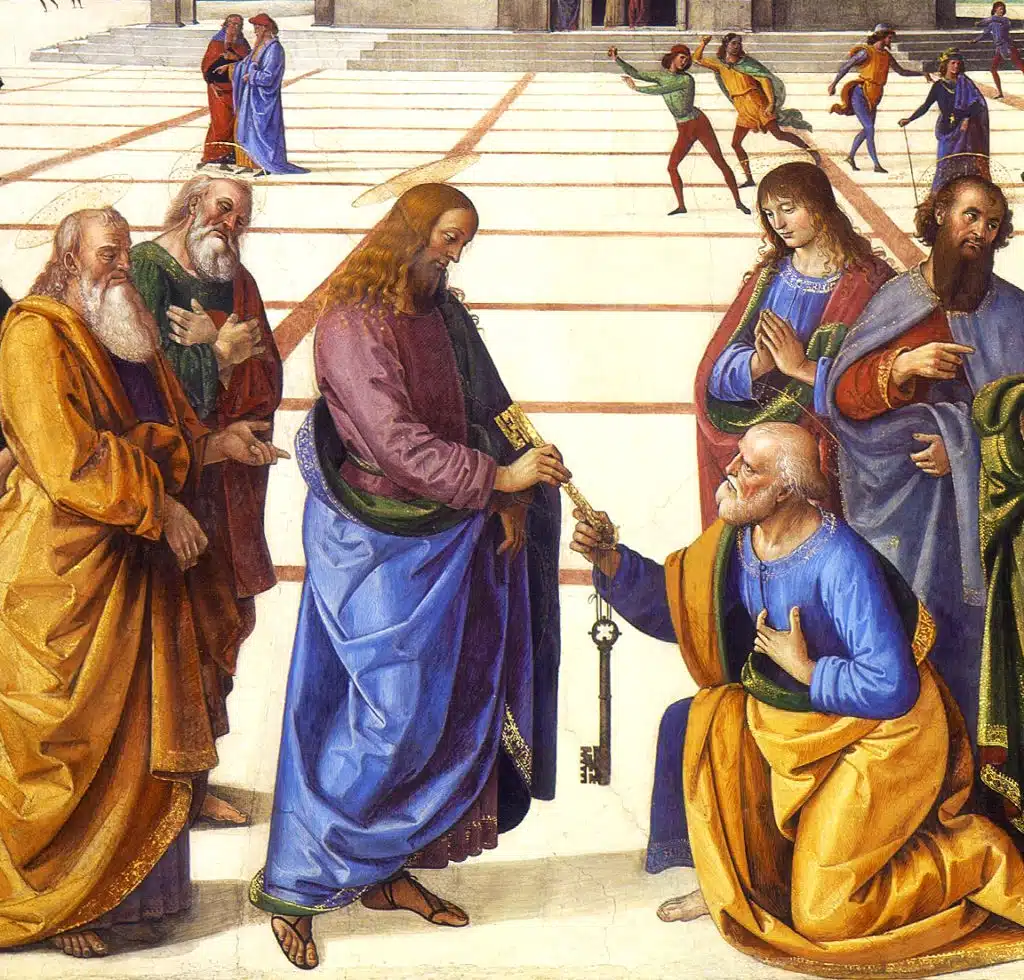
Whatever might be said about Pope Francis, the final days of his life indicate his passionate commitment to (as he often put it in a phrase that is so thoroughly his own) being a pastor who bears the “smell of the sheep.” Hours before his death, and after an excruciating few weeks of ailing health, Pope Francis appeared in St. Peter’s Square to greet the faithful gathered to celebrate Easter.
In the days following his release from the hospital, the Holy Father strove valiantly to be present to his flock. His surprise appearances included being present on April 6 at a Mass celebrated (appropriately enough) for the sick and dying.
His Message of Hope
It will come as no surprise to the reader that Pope Francis’ reign was characterized, in part, by controversy. Some of these controversies were baseless, ginned up by media outlets (of all political stripes) determined to twist the Holy Father’s words to fit their agenda. Others, however, were arguably of the Holy Father’s own devising, following statements that seemed at times to be studiously ambiguous or confusing, open to various interpretations, and not all of them self-evidently in conformity with what the faithful might expect from the Vicar of Christ.
And yet, in these days following his death, it is well worth calling to mind some of the many times when Pope Francis issued resounding defenses of the dignity of human life and of the family. That one of his final appearances was at a Mass dedicated to the sick is fitting, given the Holy Father’s numerous statements defending the dignity of the sick and the elderly, including powerful denunciations of the inhumane practices of euthanasia and assisted suicide.
In words that reflected so poignantly the calvary that Pope Francis was himself undergoing, the Holy Father in his homily (read by Archbishop Rino Fisichella) at that April 6 Mass lamented that “Illness is certainly one of the harshest and most difficult of life’s trials, when we experience in our own flesh our common human frailty.”
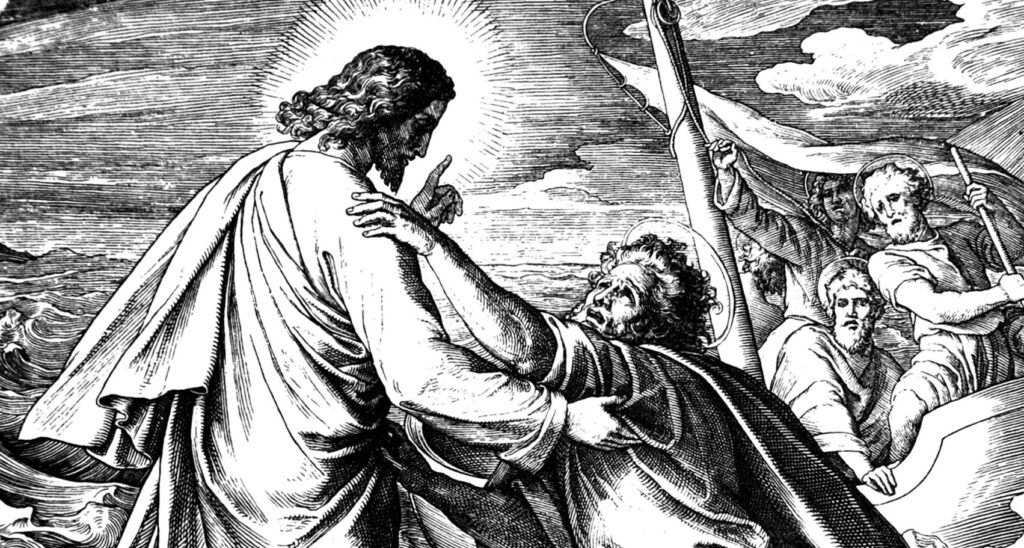
He added, “It can make us feel like the people in exile, or like the woman in the Gospel: deprived of hope for the future. Yet that is not the case. Even in these times, God does not leave us alone, and if we surrender our lives to him, precisely when our strength fails, we will be able to experience the consolation of his presence.”
The Holy Father tied the suffering of the sick and elderly to that of Christ in His passion. “By becoming man, he wanted to share our weakness in everything (cf. Phil 2:6-8). He knows what it is to suffer (cf. Is 53:3). Therefore, we can turn to him and entrust our pain to him, certain that we will encounter compassion, closeness and tenderness.”
Reflecting on the trials of his own illness, Pope Francis movingly noted that illness can be (if approached in the right spirit), “a school in which we learn each day to love and to let ourselves be loved, without being demanding or pushing back, without regrets and without despair, but rather with gratitude to God and to our brothers and sisters for the kindness we receive, looking towards the future with acceptance and trust.”
In the most pointed section of his homily, the Holy Father quoted the words of Pope Benedict XVI, who also knew well how to suffer with grace and dignity. In Spe salvi, Pope Benedict had noted that “the true measure of humanity is essentially determined in relationship to suffering” and that “a society unable to accept its suffering members… is a cruel and inhuman society” (Spe salvi, no. 38).
Fight for the Unborn
In his defence of the preborn, Pope Francis was known to frequently use some of his most acerbic language, designed to expose the grim reality that is hidden behind the sterile façade of the medical clinic.
Abortion, he frequently stated, was like “hiring a hitman” to take care of a “problem.” During a 2024 visit to Belgium, for instance, he referred to the country’s abortion law as “homicidal.” “Doctors who do this are – allow me the word – hitmen. They are hitmen,” Pope Francis said. “And on this you cannot argue. You are killing a human life.”
To hammer home the point, the Holy Father praised the actions of Belgium’s late King Baudoin, who had abdicated his throne for a day, rather than sign the country’s abortion legislation in to law. “You need a politician who wears pants to do this,” Pope Francis said, using a colloquial Spanish expression. “You need courage.”
Showing Light on the Demographic Winter
Also noteworthy was the passionate zeal with which Pope Francis repeatedly called attention to the looming demographic winter that is spreading across the globe. In particular, he noted the bitter irony that many couples are expending enormous amounts of money and energy on their pets, while choosing to forego welcoming children.
This, suggested Pope Francis in many remarks, is an indication of the growth of decadence in society, and a failure to recognize that a meaningful life includes the voluntary shouldering of the difficult tasks that not only maintain society, but also introduces a deeper meaning into one’s life.
“People do not have children,” he lamented to attendees at a meeting on population held last year; “it is easier to have a dog.” However, he added, “We need children. In Italy, Spain … there is a need for children.”
“We must take the problem of the birth rate seriously, take it seriously because the future of the country is at stake there, isn’t it?” he added. “The future is at stake. Having children is a duty to survive, to go forward. Think about this. This is not an advertisement for a birth agency, no, no; but I want to emphasize this: the drama of the birth rate. This must be considered very seriously.”
In his remarks, the Pope Francis emphasized that not only does society’s childlessness pose a practical problem for the future of the world, in terms of economic realities, but it also poses a threat to the spiritual welfare of the members of society. Often, he would contrast the lifeless sterility of childlessness to the life-giving richness of fecundity.
“Let us not resign ourselves to sterile dullness and pessimism,” the Holy Father told a gathering of pro-family organizations in 2023. “Let us not believe that history is already marked, that nothing can be done to reverse the trend.”
His Stand on Gender Madness
As we can see from the remarks quoted above, when the Holy Father addressed troubling trends relating to the life and family issues, he often did so in words that were uniquely poignant and often phrased in fresh or unusual ways.
This holds true for his reactions to the growing gender ideology. “Today,” the pope told attendees at one conference, in remarks that are representative of the tone that he often struck on this issue, and which drew furious denunciations from LGBT groups, “the worst danger is gender ideology, which cancels out differences.”
The Holy Father added that he himself asked for the conference to study the topic of gender ideology, which he called “this ugly ideology of our time, which erases differences and makes everything the same.” He added that “to erase difference is to erase humanity.”
In a healthy world, he added, “Man and woman…stand in fruitful ‘tension’.”
During his trip to Poland, the Holy Father couldn’t contain the urgency of his criticisms of gender ideology, noting, “Today children – children! – are taught in school that everyone can choose his or her sex. Why are they teaching this?”
Our Prayers for His Soul
One need not look very far these days to find strong criticisms of the Holy Father. Of course, there is not necessarily anything wrong with thoughtful analyses of the impact of Pope Francis’ pontificate that include reference to some of the controversial aspects of his reign, including areas where he may have fallen short or sowed confusion.
However, it is certainly the case that our first duty as faithful sons and daughters of the Church is to pray for the repose of his soul, and to temper any conflicting feelings that we might have at this time with the grateful acknowledgement of the extraordinarily heavy weight that Pope Francis carried for years, and especially in the final, painful months of his life.
And, of course, we ought to recollect the many times that Pope Francis did resist the spirit of the world, standing up for the dignity of the weakest and most vulnerable. There is much more that could be added to what I have written above, including the many times when he defended the central importance of the family, and preached against such things as the surrogacy industry.
With his unique coinages (e.g., “the throwaway culture”) the Holy Father often provided us with fresh terminology that pro-life and pro-family activists can use to expose the inherent degradation and violence of the culture of death. And for this I am grateful.
I hope you will join me in praying for the repose of the soul of Pope Francis, using the following prayer taken from the Roman Missal:
God, Who, in Thine ineffable providence, didst will that Thy servant Francis should be numbered among the high priests; grant, we beseech Thee, that he, who on earth held the place of Thine only-begotten Son, may be joined forevermore to the fellowship of Thy holy pontiffs. Through the same Jesus Christ, Thy Son, Who liveth and reigneth with Thee in the unity of the Holy Ghost, God, world without end.
Amen.
Human Life International
As president of Human Life International, Fr. Boquet is a leading expert on the international pro-life and family movement, having journeyed to nearly 90 countries on pro-life missions over the last decade. Father Boquet works with pro-life and family leaders in 116 counties that partner with HLI to proclaim and advance the Gospel of Life. Read his full bio here.





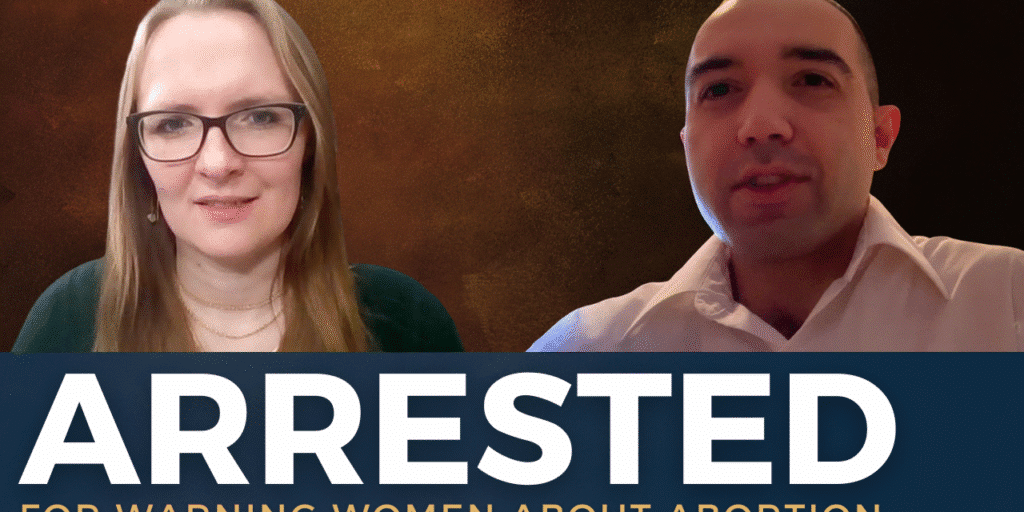
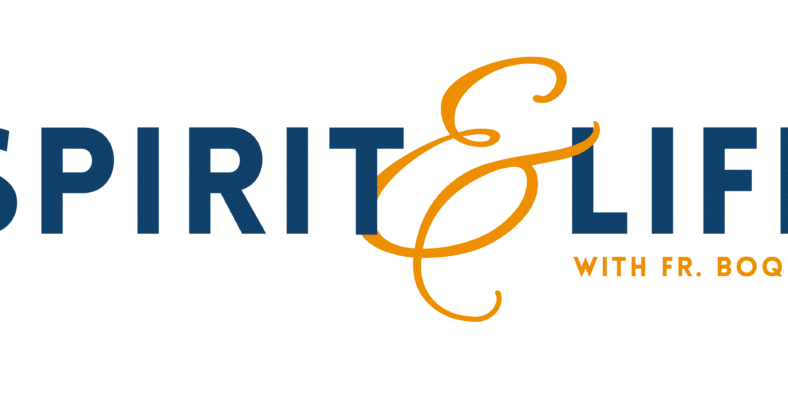
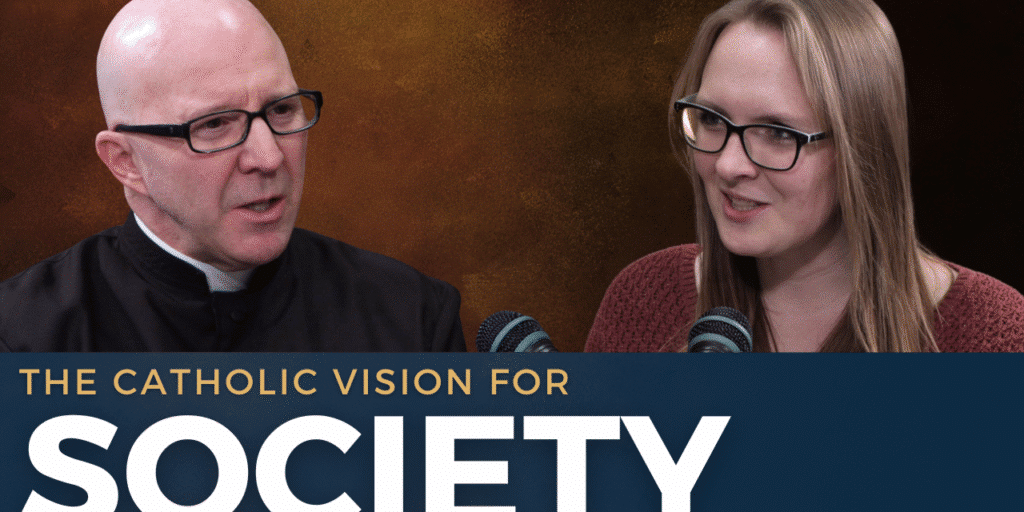
Perhaps the most beautiful and truthful writing on Pope Francis. I thank you with all my heart for this. I pray others read your article.
I wish to say that I ask Popes Francis and Benedict and all the Holy Popes to pray for our Church, our future pope, our world and that the spirit of hope and charity fill all of our hearts.
God be with you.
Aloha no wau i’a oe, Fay Ekau
It is good to point out all the positive aspects of Pope Francis’ papcy. However, whether really attributable to Pope Francis, or others of power and influence in the Vatican; there are certain decisions taken in the name of Pope Francis that need to be questioned. I speak of the secret deal with the Chinese Communist Party, and the assetion that global warming as generally defined is settled science. There are other issues, but there are a couple of clear examples.
I am not Catholic, but every denomination recognizes the spiritual weight the Pope carries. We mourn with you. We also lift up your leaders for guidance as they begin the process of selecting Pope Francis’ successor. May God comfort all his people in this time of greiving.